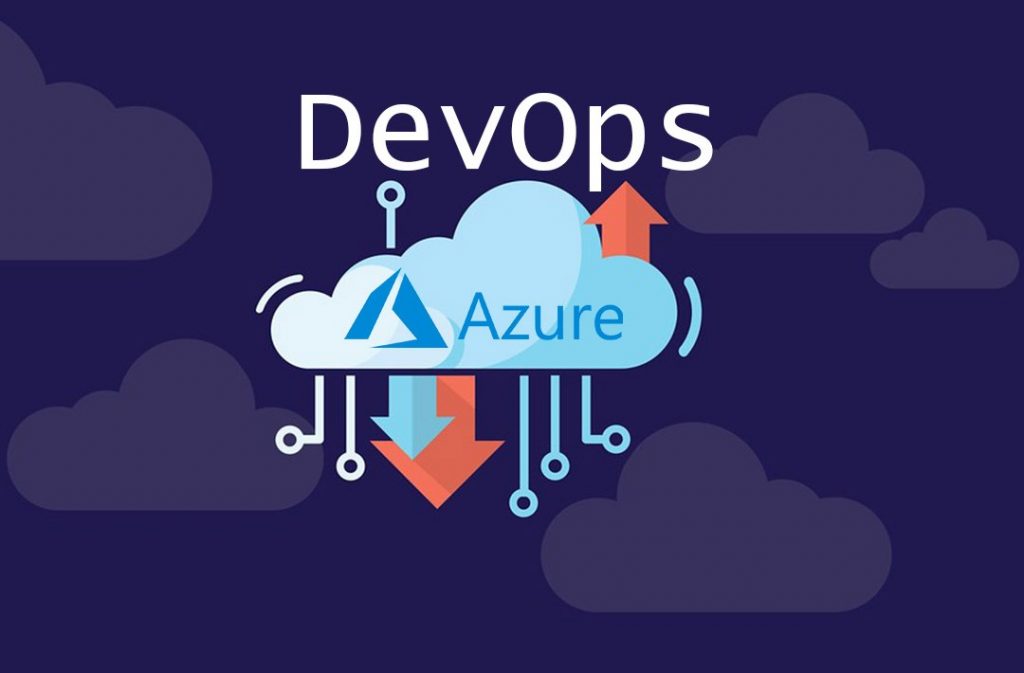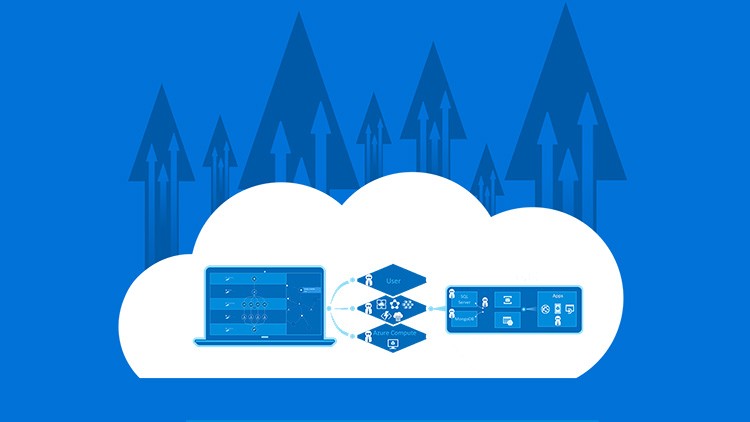DevOps is a flexible approach to software development. Implementation of DevOps services is quite popular nowadays. It helps to increase workflow efficiency and save costs. DevOps services provide Agile methodology to software development, deployment and monitoring. This approach covers all the steps in software development from coding to deploying and monitoring.
DevOps goals
The main DevOps goals include the following:
- reducing time-to-market;
- lower bounce rate for new releases;
- reducing time for bug fixing;
- faster recovery time.
Thus, DevOps approach provides optimization of teamwork and reducing time for routine processes by automation. There are a lot of platforms providing DevOps services. Today we’ll talk about Azure DevOps services. We’ll see what services Azure provides and what prons and cons you might receive.

What is Azure DevOps?
Azure DevOps is a SaaS (Software as a Service) platform from Microsoft. This platform provides end-to-end toolchain for DevOps implementation.
Azure provides the following services:
Azure Boards – tool for planning, reporting and visualization;
Azure Pipelines – conveyors that help to set up CI/CD and supports containers and Kubernetes;
Azure Repos – provides unlimited private Git repositories;
Azure Test Plans – provides solutions for manual and automated tests;
Azure Artifacts – integrated package management supports Python, Maven, npm and NuGet.
As you can see, Azure DevOps provides a full cycle of software development and offers tools for every step.
Pros and Cons of Azure DevOps
On the one hand, Azure DevOps provides all the necessary services for your DevOps transformation. The main benefit is the tools ecosystem that works smoothly and efficiently. You’ll have all the services on the one platform without the need to look for something different. You don’t need to pay attention to compatibility because all services can work with each other.

But on the other hand, you will face vendor lock-in. This means, you’ll “bound” all your services to the one platform and will be very difficult to change it. In this case, you should be prepared for long-term collaboration with the vendor and estimate risks if you’ll want to change it. Also, you can overpay for unnecessary services because you’ll buy the whole package of services.
How to choose the DevOps provider?
There are a lot of giant cloud providers like Microsoft Azure, Google Cloud and AWS. Sometimes it’s hard to choose the appropriate services for your project. The most efficient way is referring to a Managed Service Provider (MSP). Such companies have wide experience and deep expertise in DevOps services. MSP can help you to choose the cloud provider and the necessary cloud services. MSP provides dedicated DevOps teams that will assess your current system, find and eliminate bottlenecks, create an implementation plan and provide the whole DevOps transformation at your company. Also, dedicated DevOps team will choose the best services for your project, help you to save costs and avoid vendor lock-in.

In this case, the main risk is unreliable MSP. To protect your project from such a risk, look for feedback from previous customers, try to find case studies and discuss with the contractor further strategy of DevOps transformation.
With reliable MSP you can be sure in the successful implementation of DevOps services and smooth workflows for your project. An experienced contractor can work with all popular platforms including Azure. That’s why MSP’s dedicated team will find out the best solution for your company.

